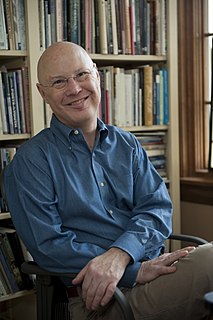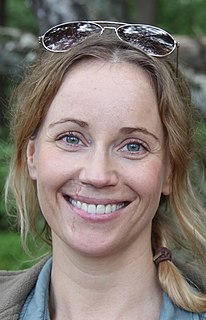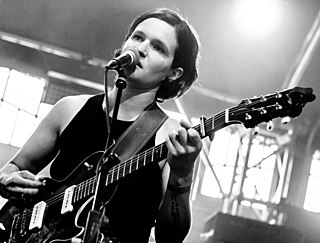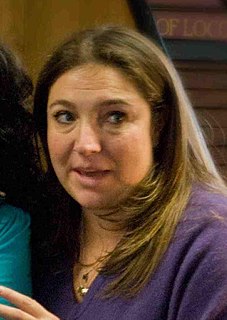A Quote by Mindy Kaling
I think a lot of writers, male and female, write as if their parents were killed in a car accident when they were 2, and they have no one to hold accountable. And unfortunately, I don't have that. I have parents who I care about what they think.
Related Quotes
Some parents were awful back then and are awful still. The process of raising you didn't turn them into grown-ups. Parents who were clearly imperfect can be helpful to you. As you were trying to grow up despite their fumbling efforts, you had to develop skills and tolerances other kids missed out on. Some of the strongest people I know grew up taking care of inept, invalid, or psychotic parents--but they know the parents weren't normal, healthy, or whole.
I've tried really hard to care about things that were very different from my parents. I was curious if I could care about [money] on some fundamental level, and I couldn't. That wasn't the metric of success I wanted in my life. I've talked about this to my friends who are doctors and whose parents are doctors, or who are lawyers and their parents are lawyers. It's a funny thing to realize I feel called to this work both as a daughter and also as someone who believes I have contributions to make.
Think about reading: Today, parents would love it if their kids read books more because the parents understand the books. Just over 100 years ago, parents were upset because their kids were reading dime-store novels. Parents would say, "I don't want you inside reading anymore. Get outside and play." I guarantee you, in 50 years or so, parents are going to say, "You're not going outside to play until you finish that video game."
My parents both worked; I was a 'latchkey kid.' We were lower-middle class, and they did everything that they could to give me anything I wanted, within reason. We were not rich by any stretch of the imagination, but being an adopted kid, I think we had a different connotation. My parents tried extra hard, I think.
I grew up in a town where there were no adults over forty who weren't somebody's parents. It was, unfortunately, the kind of town that's a "great places to raise kids" - that's basically code for "there are no adults here who are not parents." I had a few teachers who were kind of weirdo drama teachers and were hugely influential.



































